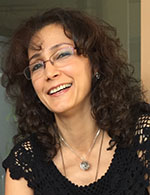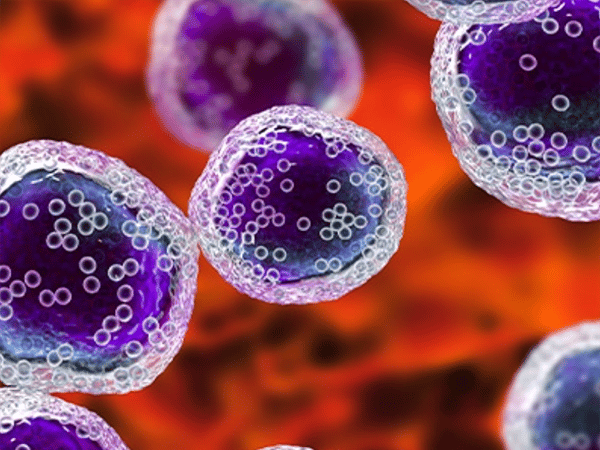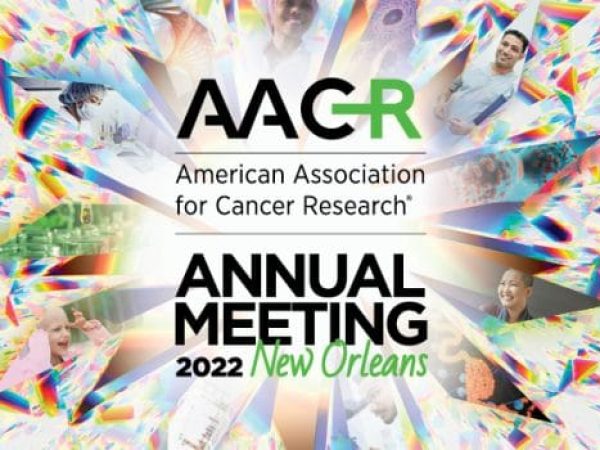FDA Workshop to Address Need for Non-clinical Models to Advance Immuno-oncology
 Immuno-oncology has revolutionized treatment for certain types of cancers, but currently it is only effective for about 20 percent of cancer patients. To drive the development of safe and effective immunotherapies for all patients, we need strong science at every stage of drug development, particularly in combination therapy. To this end, refining existing non-clinical models or developing new ones to assess the safety of immuno-oncology products will require cross-sector collaboration among regulatory, industry, and academic experts. The upcoming FDA-AACR Non-clinical Models for Safety Assessment of Immuno-oncology Products Workshop will bring these stakeholders together to discuss this vital issue.
Immuno-oncology has revolutionized treatment for certain types of cancers, but currently it is only effective for about 20 percent of cancer patients. To drive the development of safe and effective immunotherapies for all patients, we need strong science at every stage of drug development, particularly in combination therapy. To this end, refining existing non-clinical models or developing new ones to assess the safety of immuno-oncology products will require cross-sector collaboration among regulatory, industry, and academic experts. The upcoming FDA-AACR Non-clinical Models for Safety Assessment of Immuno-oncology Products Workshop will bring these stakeholders together to discuss this vital issue.
–AACR President Elizabeth M. Jaffee, MD
 The Oncology Center of Excellence sees this workshop as an exciting opportunity to work with scientific experts in academia, industry, and the National Cancer Institute to develop non-clinical models that are more predictive of potential safety events in patients treated with immune checkpoint inhibitors. Making progress in this area will allow the oncology community to focus efforts on developing the most promising immunotherapies and combinations possible.
The Oncology Center of Excellence sees this workshop as an exciting opportunity to work with scientific experts in academia, industry, and the National Cancer Institute to develop non-clinical models that are more predictive of potential safety events in patients treated with immune checkpoint inhibitors. Making progress in this area will allow the oncology community to focus efforts on developing the most promising immunotherapies and combinations possible.
– FDA Oncology Center of Excellence Director Richard Pazdur, MD
Guest post by John K. Leighton, PhD, Director, Division of Hematology Oncology Toxicity (DHOT); Haleh Saber, PhD, Deputy Director, DHOT; and Julie Schneider, PhD, Regulatory Scientist; Office of Hematology and Oncology Products, U.S. Food and Drug Administration
The development of immune checkpoint inhibitors (ICI) has had a major impact on treating patients with certain types of cancers. With numerous clinical trials with ICI planned over the next few years, the need for non-clinical models that can predict toxicities, assess safety, and guide first-in-human (FIH) dose selection of ICI and immune checkpoint stimulators (ICS) is extremely important for the advancement of cancer research.
Non-clinical models are used to answer questions about how drugs work, how well they work, and whether they are safe to use in humans. Unfortunately, the in vitro models currently used do not fully recapitulate the complexities of the immune system in humans and tend to err on the conservative side, leading to sub-therapeutic FIH doses. The U.S. Food and Drug Administration (FDA) analysis of archival data from immuno-oncology (IO) products supports this assertion and points to the need for better non-clinical models to address safety assessment and dose selection in patients.
The recent observation of worse overall survival in two randomized trials that evaluated anti-PD-1/-L1 agents in combination with immunomodulatory drugs for the treatment of multiple myeloma underscores the need to develop models that are better able to forecast potential safety problems. With advances in non-clinical models to study the pharmacodynamics of ICI/ICS agents, the question remains whether any of these models could be adapted to better assess the safety of these products.
Recognizing the need for better models in this space, the National Cancer Institute (NCI), the Jackson Laboratory Cancer Center, and the National Institute of Allergy and Infectious Diseases (NIAID) sponsored the Think Tank on Immune Interventions in Oncology in September 2017 to address the utility of non-clinical models in support of IO product development. Discussions at the think tank explored current non-clinical models developed by leading academic centers (such as mouse models and cell-based systems) and the need for refining existing models versus developing additional models to assist in the translation of IO products to the clinic.
Building on these efforts, the upcoming FDA-AACR Non-clinical Models for Safety Assessment of Immuno-Oncology Products Workshop will discuss current challenges and opportunities to use non-clinical models to predict toxicities of ICI/ICS in patients (agenda available). This particular workshop will focus on ICI and ICS while CAR-T, cancer vaccines, and gene therapy products will not be considered. The workshop will provide a forum for experts from academia, industry, the NCI, and the FDA to engage in a robust discussion on both scientific and practical aspects of developing these models for drug development of IO products, including how the models might be used to understand the safety of combination therapies. Workshop participants will examine the current state of the science including humanized, syngeneic, and transgenic mouse models and non-human primates, and review use cases of these models from industry. In addition to updates on studies in comparative oncology, NCI initiatives in developing translational immuno-oncology models will also be reviewed.
In-person and webcast registration is open for the FDA-AACR Non-clinical Models for Safety Assessment of Immuno-oncology Products Workshop. This important event will take place on September 6, 2018, from 8 a.m. to 5 p.m. EST at the Marriott Wardman Park Hotel in Washington, D.C. We hope this workshop will help all stakeholders think carefully about how to advance these models in the future.






